A delightful town, Pazardzhik, lies just 37 kms. from Bulgaria’s second biggest city, Plovdiv, and about 100 kms. to the Southeast of the country’s capital Sofia. The favourable geographical location of this ancient town is the reason why important ancient trade routes passed through it, while its proximity to major economic centres at the time of the Ottoman Empire turned it into a hub of concentrated trade and the flourishment of crafts. 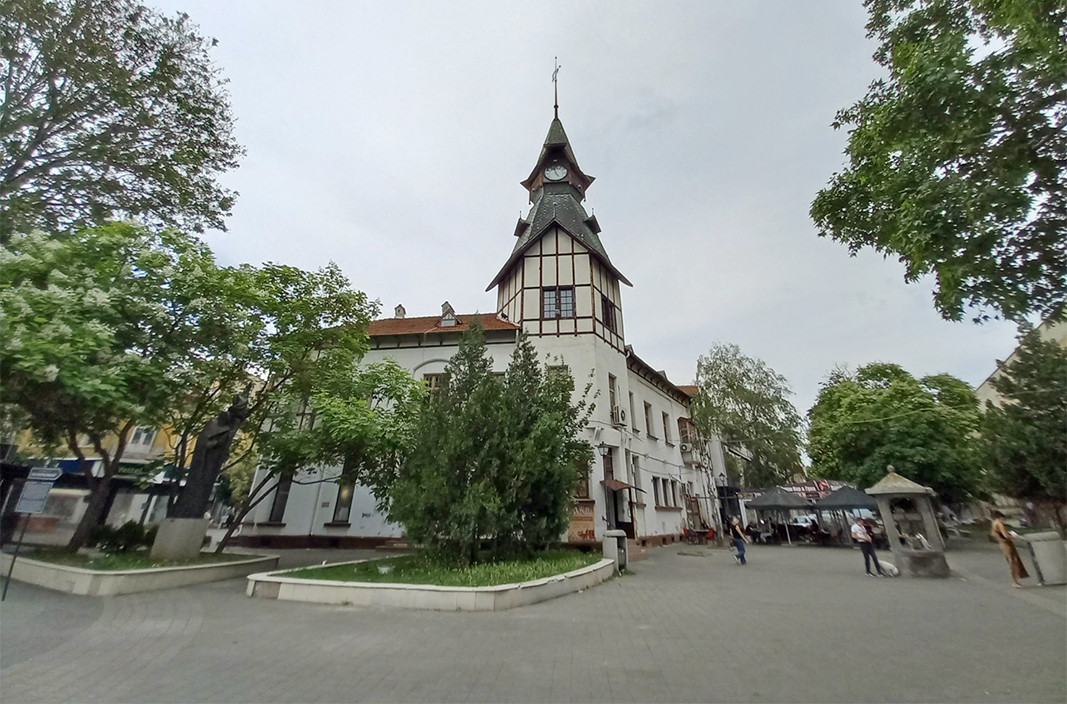
Its excellent location and connectivity have helped modern-day Pazardzhik evolve into an excellent investment area, but it does have its problems:
“One of its worst problems is the demographic crisis, but we are taking steps at this time to change things,” says Zlatin Dubarinov from Pazardzhik municipality in an interview with Radio Bulgaria and goes on:
“We want to increase administrative capacity and raise trust in the institution, and this means a number of measures to alleviate the administrative processes compared to the other regional centres in Bulgaria.”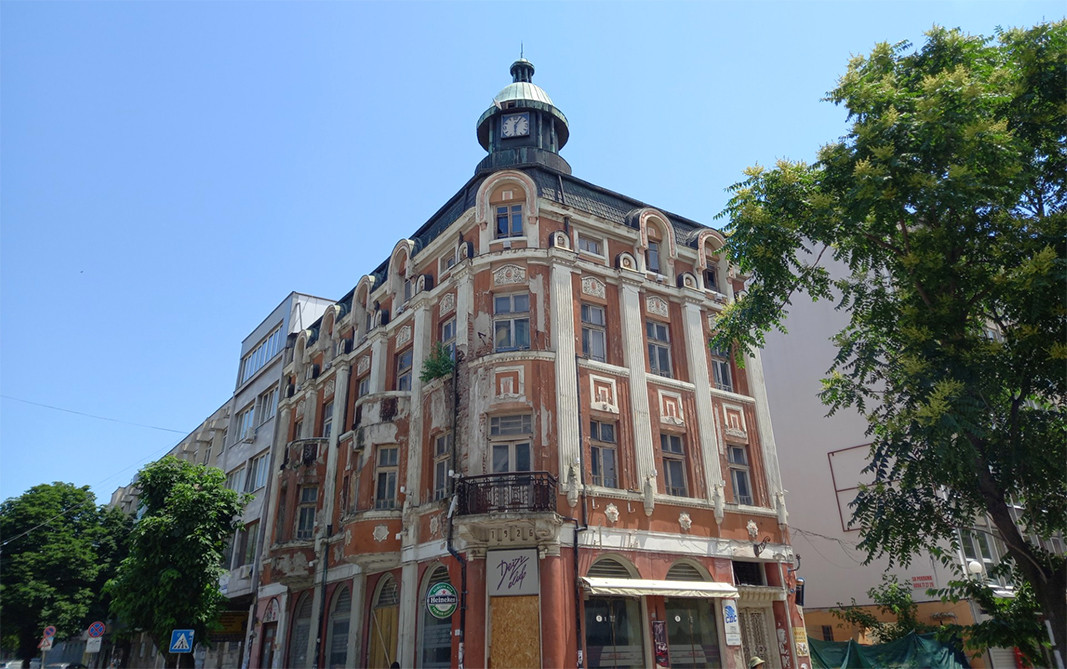 Efforts are targeted at bringing several elements in sync - investments, industrial needs, businesses and the availability of staff with an appropriate education.
Efforts are targeted at bringing several elements in sync - investments, industrial needs, businesses and the availability of staff with an appropriate education.
“We have attracted universities to provide education close by – the Medical University in Plovdiv and Trakia University in Stara Zagora. With them we set up one, and as of next year – 4 areas of study in engineering, cybernetics, mechanics, electronics. And this - with the aim of creating a predictability cycle for investors.”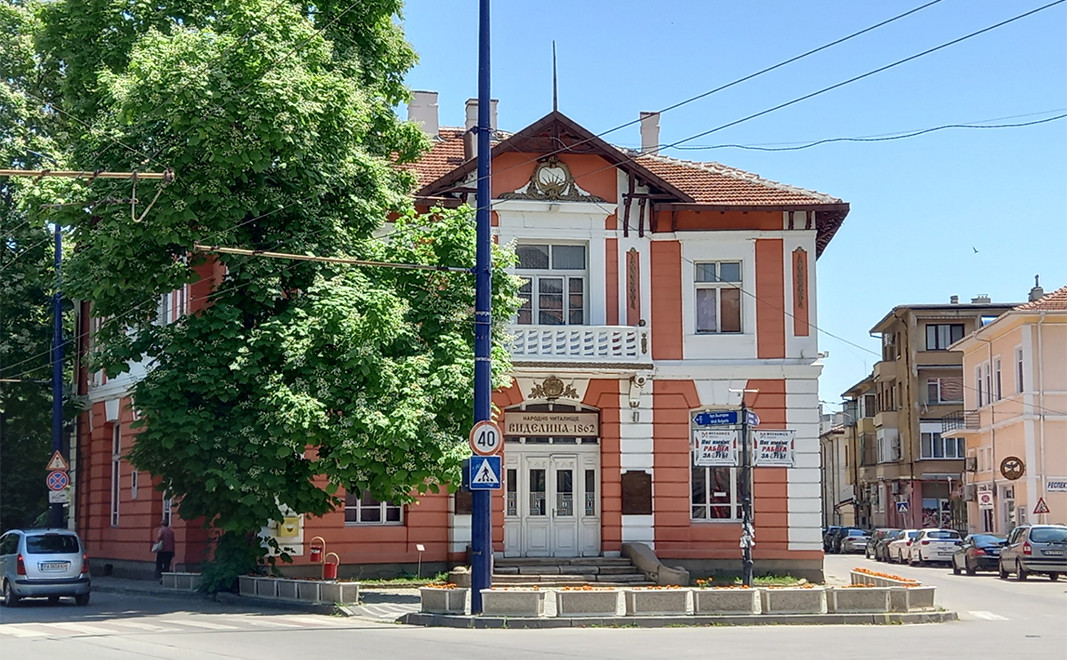 Overcrowding in big cities leads to problems connected with transport, traffic, air pollution. For this reason, a lot of people have been looking for a quiet place to live and raise their children. Smaller regional towns such as Pazardzhik have been attracting the interest of people from the country, and from abroad:
Overcrowding in big cities leads to problems connected with transport, traffic, air pollution. For this reason, a lot of people have been looking for a quiet place to live and raise their children. Smaller regional towns such as Pazardzhik have been attracting the interest of people from the country, and from abroad:
There is a concentration of foreigners in the town – there are Italian and Greek diasporas, as well as small German and English communities,” says Zlatin Dubarinov.“Some of them prefer to live in Pazardzhik, others opt for the towns and villages in the area – whether they are retirees or younger people with a remote job which enables them to live a comfortable life in Pazardzhik. What brings them here is, first and foremost the peace and quiet and the cleaner air. This is an upward trend we have been seeing in other regional towns of Bulgaria as well.”
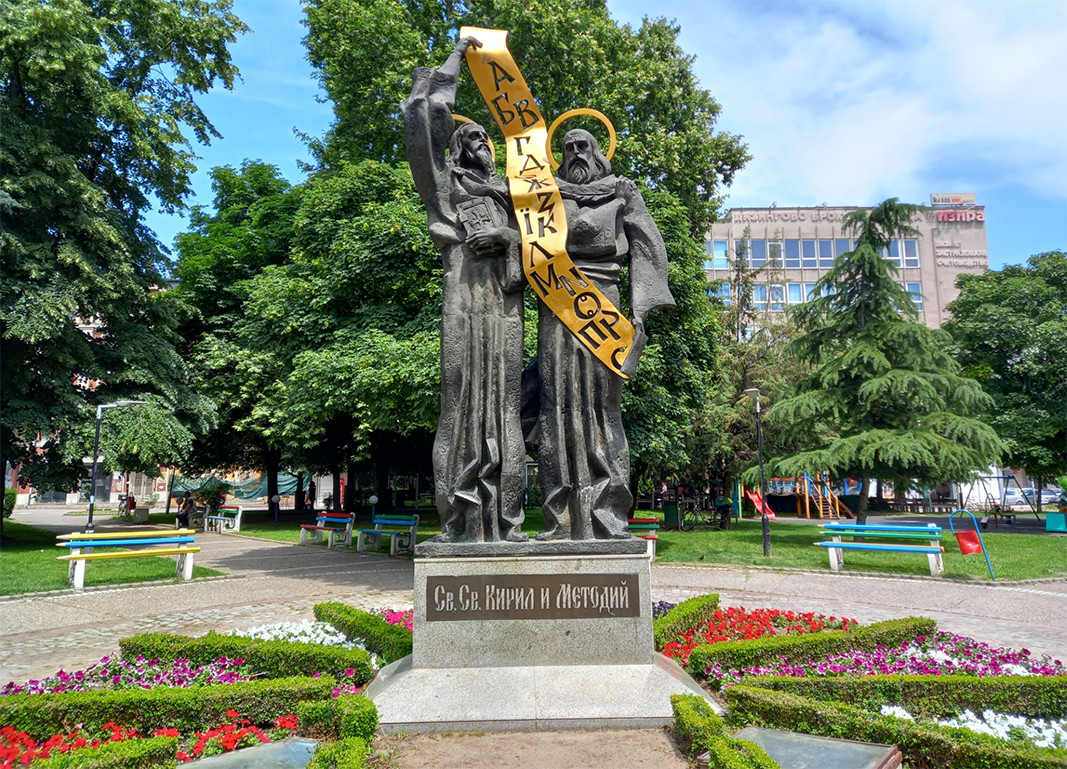 Zlatin Dubarinov says there has never been any divisions between communities. Quite the opposite, the town is very tolerant of foreigners, of different cultures and religions.
Zlatin Dubarinov says there has never been any divisions between communities. Quite the opposite, the town is very tolerant of foreigners, of different cultures and religions.
“I don’t know whether to call it a code of some kind, or a question of upbringing, but here we have always had a continuity of sorts which has made foreigners, different communities and races feel welcome in the town. The interaction takes various forms, the municipality offers the use of several languages in some of the services it offers in an endeavour to meet their needs and assist them. Our aim is to help Pazardzhik evolve more and more into a town of mutual assistance, of solidarity.” 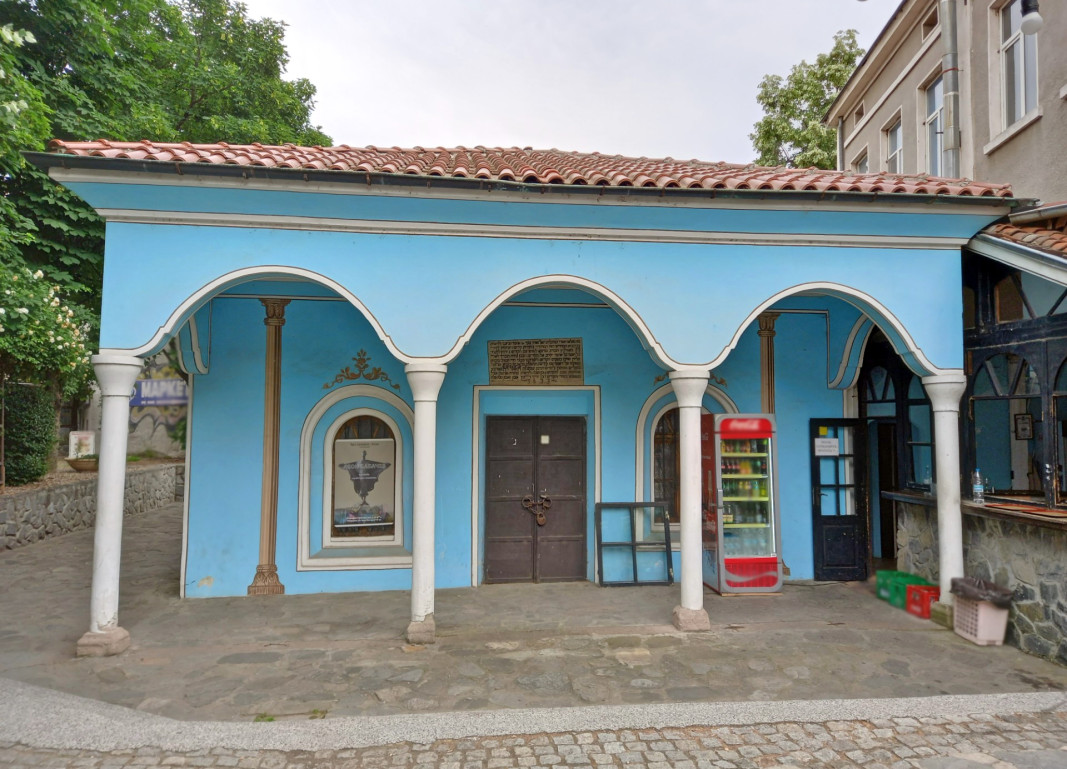 In Pazardzhik there are quite a few locations where fruit and vegetables are produced, meat processing and the production of animal products – something the town is famed for – are developing well too. A contest is currently on for creating a new look for the town market, after which it is going to be reconstructed, modernized and turned into a location exclusively for local products – classical fruit and vegetables, meat and dairy products. And wine – because wine production is well developed here and the local wines are well received inside the country and abroad.
In Pazardzhik there are quite a few locations where fruit and vegetables are produced, meat processing and the production of animal products – something the town is famed for – are developing well too. A contest is currently on for creating a new look for the town market, after which it is going to be reconstructed, modernized and turned into a location exclusively for local products – classical fruit and vegetables, meat and dairy products. And wine – because wine production is well developed here and the local wines are well received inside the country and abroad.
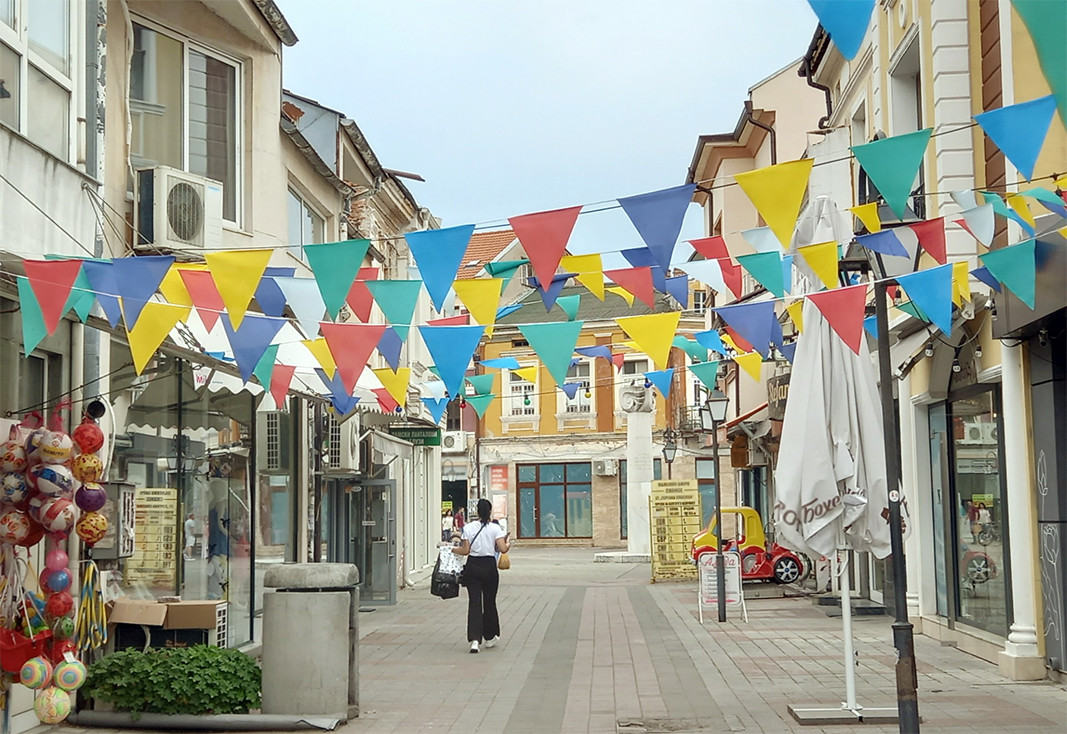 Another thing that makes Pazardzhik such an attractive place for people from Bulgaria and abroad is the town’s diverse cultural and sports programme. Pazardzhik municipality is currently developing an interactive tourist map of the town and the environs featuring all historical and cultural sites to help visitors to the region find exactly what they are interested in.
Another thing that makes Pazardzhik such an attractive place for people from Bulgaria and abroad is the town’s diverse cultural and sports programme. Pazardzhik municipality is currently developing an interactive tourist map of the town and the environs featuring all historical and cultural sites to help visitors to the region find exactly what they are interested in.
Translated and posted by Milena Daynova
Photos: Desislava Semkovska
On November 8 in Hall 11 of the National Palace of Culture, Bulgaria’s best masters and artisans will be awarded for the third time. The founder and driving force behind the “Creator of the Year” initiative is Nikolay Traykov, who visited “Radio..
Sofia has a new spot for curious minds. Phenomena is a museum where science and art come together — a place to experiment, discover, and get hands-on with the wonders of how the world works. Rooted in the spirit of STEAM education — that’s Science,..
‘In my view, the period between Bulgaria’s liberation and 1944 was especially significant because I believe that the country was then on the right developmental path,’ says collector Filip Milanov. ‘That era produced many people of exceptional integrity..
On November 8 in Hall 11 of the National Palace of Culture, Bulgaria’s best masters and artisans will be awarded for the third time. The founder and..

+359 2 9336 661
